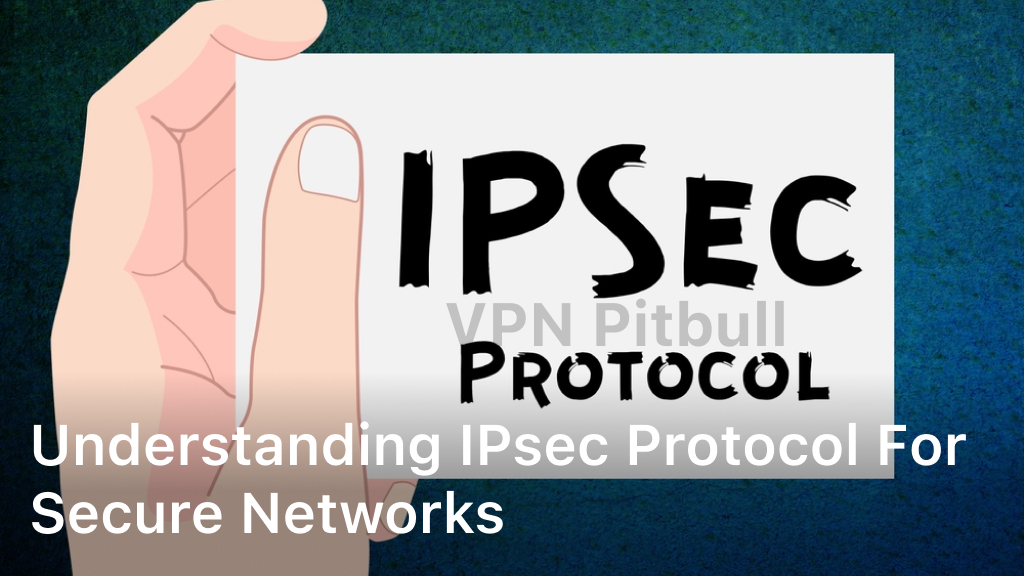When considering cybersecurity measures, the decision between utilizing VPN hardware or VPN software plays a pivotal role in determining the efficacy of protection. VPN hardware typically involves physical devices such as routers or dedicated servers designed to handle VPN connections. These devices offer robust security features and often provide faster connection speeds due to dedicated hardware resources.
However, implementing VPN hardware requires upfront investment in purchasing and maintaining the equipment, as well as the expertise to configure and manage it effectively. Additionally, the scalability of VPN hardware solutions may be limited by the capacity of the physical devices, making them less suitable for rapidly growing or fluctuating network demands.

Understanding VPN Hardware
VPN hardware refers to physical devices such as routers, firewalls, or dedicated servers that are specifically designed to handle Virtual Private Network (VPN) connections. These devices are equipped with specialized hardware components and software functionalities tailored for secure and efficient VPN communication.
VPN hardware is commonly used in businesses and organizations to establish secure connections between remote offices, branches, or individual users accessing the network from external locations. These devices often offer advanced security features such as encryption, authentication, and tunneling protocols to safeguard data transmitted over the VPN connection.
VPN hardware solutions vary in terms of capacity, performance, and supported features, allowing organizations to choose the most suitable option based on their specific requirements and network infrastructure.
Advantages of VPN Hardware
- Dedicated Security Features: VPN hardware comes with built-in security features, including encryption protocols and firewall capabilities, ensuring comprehensive protection for your network.
- Scalability: With VPN hardware, you can easily scale your VPN infrastructure to accommodate growing network demands and user requirements.
- High Performance: Hardware-based VPN solutions often deliver faster connection speeds and lower latency compared to software-based alternatives.
Exploring VPN Software
VPN software, on the other hand, refers to applications or programs installed on individual devices to establish secure VPN connections. These software-based solutions offer flexibility, ease of deployment, and compatibility across various platforms.
Advantages of VPN Software
- Flexibility and Compatibility: VPN software can be installed on a wide range of devices, including computers, smartphones, and tablets, providing flexibility and accessibility for users.
- Ease of Deployment: Software-based VPN solutions are easy to deploy and configure, making them ideal for individuals and small businesses with limited IT resources.
- Cost-Effectiveness: Compared to hardware-based VPN solutions, software-based alternatives are often more cost-effective, especially for small-scale deployments.
Factors to Consider
When choosing between VPN hardware and software, consider the following factors:
- Security Requirements: Assess your organization’s security needs and determine whether hardware-based encryption and security features are necessary.
- Scalability: Consider the scalability of your VPN solution and whether you anticipate future growth in network traffic or user demand.
- Budget Constraints: Evaluate your budget and determine the upfront costs, maintenance expenses, and total cost of ownership associated with each option.
- Deployment Complexity: Consider the complexity of deploying and managing VPN hardware versus software-based solutions, taking into account your organization’s IT capabilities and resources.
Making the Decision
Ultimately, the decision between VPN hardware and software depends on your specific requirements, budget constraints, and organizational needs. For large enterprises with extensive security needs and scalability requirements, VPN hardware may be the preferred choice. Conversely, for small businesses or individual users seeking cost-effective and easy-to-use solutions, VPN software offers a practical alternative.
Conclusion
Whether you opt for VPN hardware or software, prioritizing your privacy and security is paramount. By understanding the differences between these two options and carefully evaluating your needs, you can make an informed decision that enhances your online protection and peace of mind.
FAQ
Is VPN hardware more secure than VPN software?
While VPN hardware may offer dedicated encryption and security features, VPN software can also provide robust security measures when configured properly.
Can I use VPN software on any device?
Yes, VPN software is typically compatible with various devices and operating systems, including computers, smartphones, and tablets.
Does VPN hardware require specialized IT knowledge for setup and maintenance?
Setting up and maintaining VPN hardware may require some level of IT expertise, whereas VPN software is often more user-friendly and easier to manage.
Which option is more cost-effective: VPN hardware or VPN software?
The cost-effectiveness of VPN hardware versus VPN software depends on factors such as upfront expenses, maintenance costs, and scalability requirements.
Can I use both VPN hardware and VPN software together for added security?
Yes, combining VPN hardware and software solutions can provide an extra layer of security and redundancy, enhancing overall protection against cyber threats.






